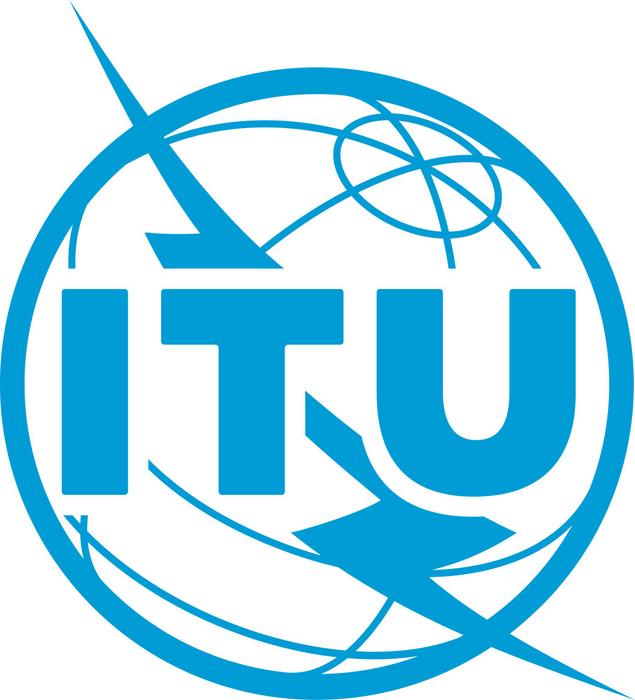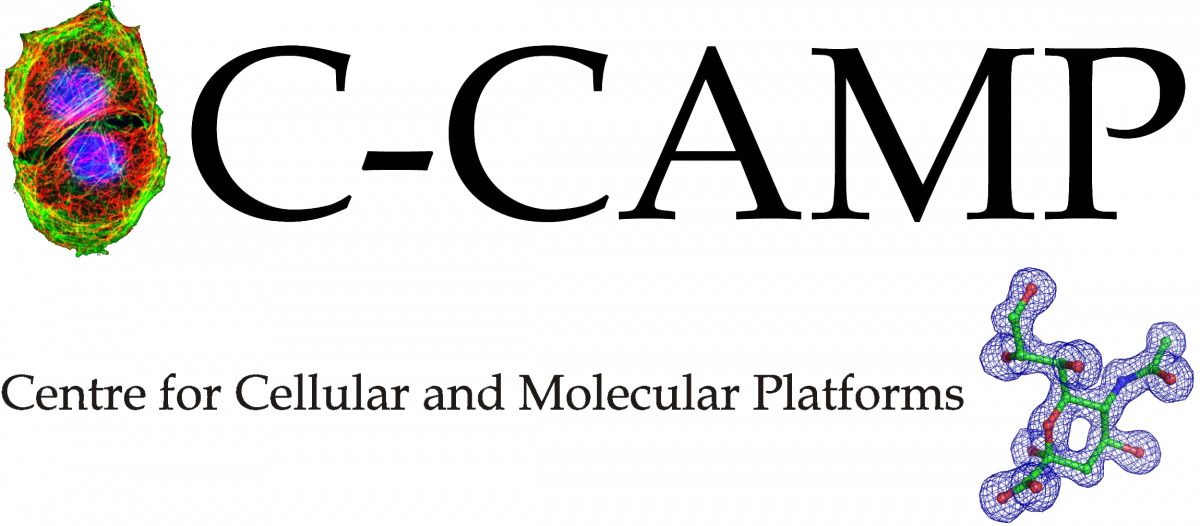The Novo Nordisk Foundation, based in Denmark, has partnered with the Bill & Melinda Gates Foundation to fund a two-year research and development (R&D) project. The aim of this project is to develop a sustainable protein source for human food derived from CO2. The consortium hopes to address the increasing global issues of food insecurity and greenhouse gas emissions from agriculture.
The R&D work will be carried out by Novozymes A/S, a biotech company, and Topsoe A/S, a specialist in carbon emission reduction technologies. They will collaborate with Washington University in St. Louis in the USA and the Novo Nordisk Foundation CO2 Research Center (CORC) at Aarhus University in Denmark.
The CEO of the Novo Nordisk Foundation, Mads Krogsgaard Thomsen, believes that this project could be the first step towards a new bioeconomy that provides a sustainable, safe, and stable food production system. By creating an alternative to animal proteins, the strain on the Earth’s resources caused by meat and dairy production can be reduced.
The consortium aims to convert CO2 into acetate, also known as vinegar, which is already produced by microorganisms used in fermentation. This acetate can then be used to produce proteins for human food consumption. In addition, using CO2-derived acetate could replace sugar in the fermentation process, freeing up agricultural land currently used for sugar production.
The initial focus of the consortium is to optimize and evaluate three potential production technologies. Their goal is to reach a demonstration scale within two years. By leveraging existing technologies and infrastructure, the consortium expects to accelerate the scaling process significantly.
If the first two-year phase proves successful, the funding partners may extend their support to subsequent stages of the project.
- Press release







